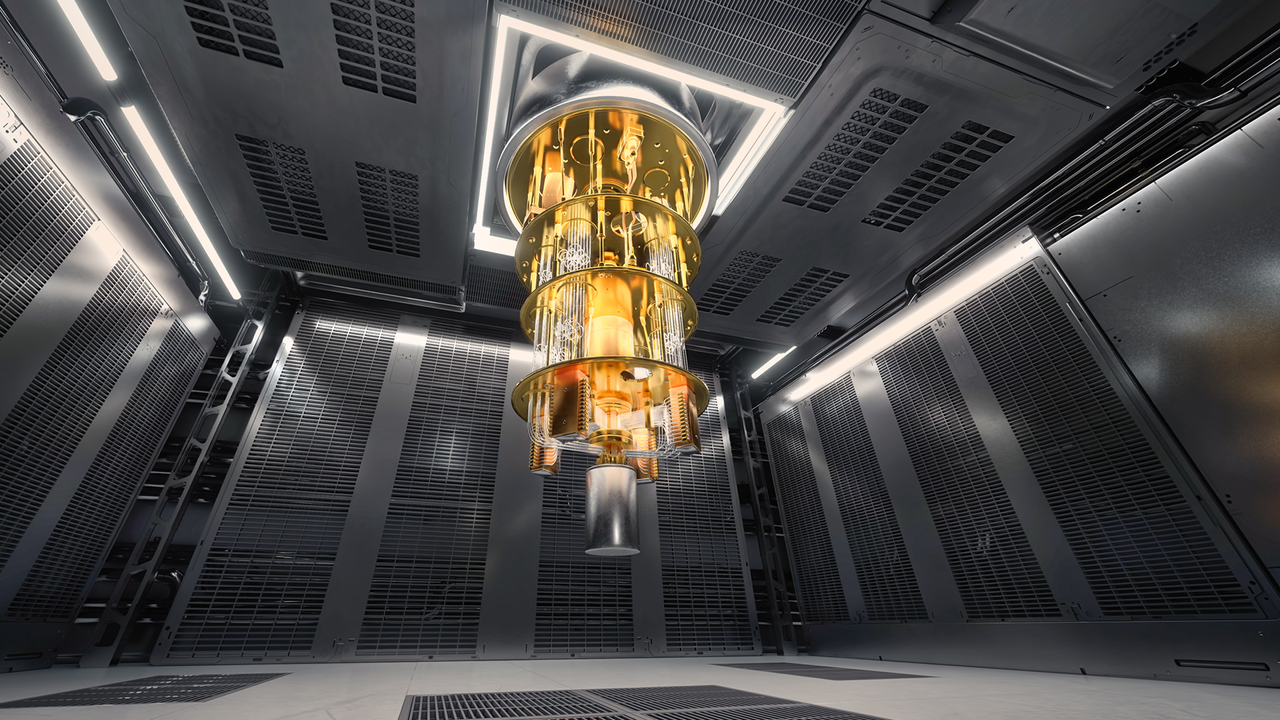
The Nobel Prize in Physics has been awarded to three scientists for their path-finding work in the field of quantum mechanics. It's been a long time coming—three whole decades, in fact—but that's seemingly how long it took to recognize that work was pivotal to the development of a whole lot of technology since the 1980s. The Royal Swedish Academy of Sciences announced the news in Stockholm, Sweden.
Professor John Clarke, Professor Michel H. Devoret and Professor John M. Martinis are the new Nobel laureates. Clarke is from the UK and now works at the University of California in Berkeley; Devoret is from Paris, France and works at Yale; Martinis is American and works at the University of California, Santa Barbara.
The Nobel prize specifically relates to work done by the trio in 1984-1985 in a series of experiments on electrical circuits. In the words of the committee, these led to "the discovery of macroscopic quantum mechanical tunnelling and energy quantisation in an electric circuit."
You what now. We're in the field of quantum mechanics here, which I'll freely admit befuddles me, though the Nobel citation does give as simple as explanation as it can of what the trio actually achieved:
"[They] conducted a series of experiments with an electronic circuit built of superconductors, components that can conduct a current with no electrical resistance. In the circuit, the superconducting components were separated by a thin layer of non-conductive material, a setup known as a Josephson junction. By refining and measuring all the various properties of their circuit, they were able to control and explore the phenomena that arose when they passed a current through it. Together, the charged particles moving through the superconductor comprised a system that behaved as if they were a single particle that filled the entire circuit."
Ultimately these experiments led to transformational developments in the transistors that power computer chips, and are also behind the next generation of quantum technology: quantum cryptography, quantum computers, and quantum sensors. "There is no advanced technology used today that does not rely on quantum mechanics," said the Nobel committee, "including mobile phones, cameras and fibre optic cables."
"It is wonderful to be able to celebrate the way that century-old quantum mechanics continually offers new surprises. It is also enormously useful, as quantum mechanics is the foundation of all digital technology," says Olle Eriksson, Chair of the Nobel Committee for Physics.
Professor Clarke appeared during the news conference and rather charmingly said "I'm completely stunned. At the time we did not realise in any way that this might be the basis for a Nobel prize. This is something that leads to development of the quantum computer. Many people are working on quantum computing, our discovery is in many ways the basis of this."
The three Nobel laureates will share prize money of 11 million Swedish kronor (£872,000).







